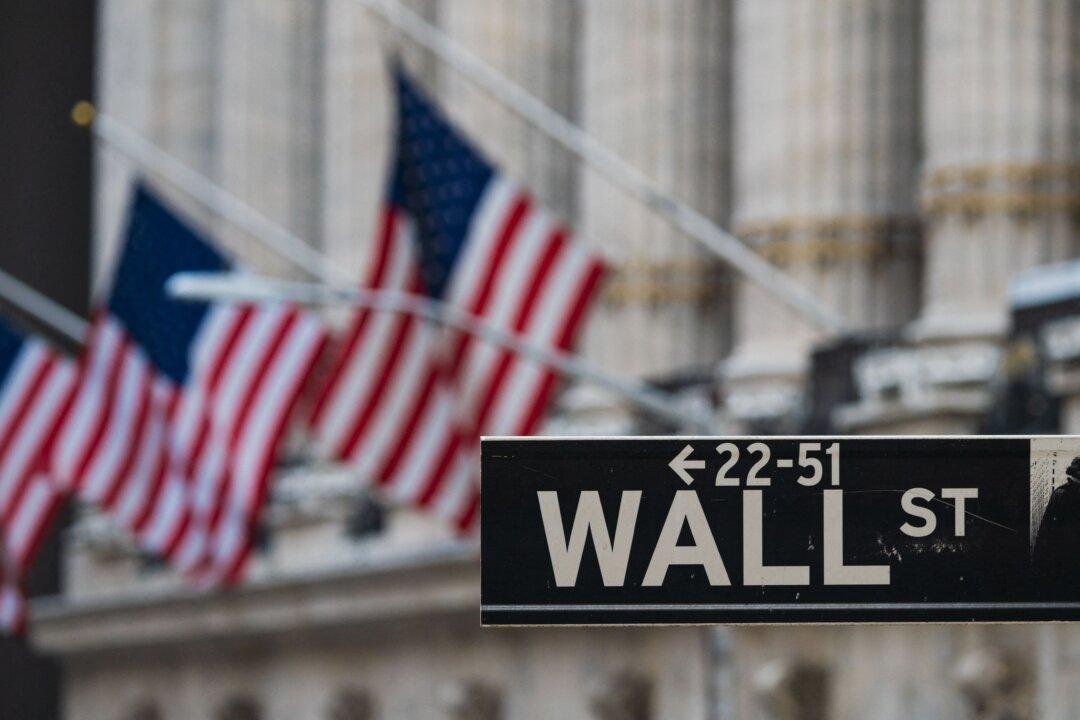Commentary
Despite tensions between Beijing and Washington increasing over the past five years, Wall Street firms have steadily increased their business footprint in China while carefully navigating the political whirlwinds.

Despite tensions between Beijing and Washington increasing over the past five years, Wall Street firms have steadily increased their business footprint in China while carefully navigating the political whirlwinds.